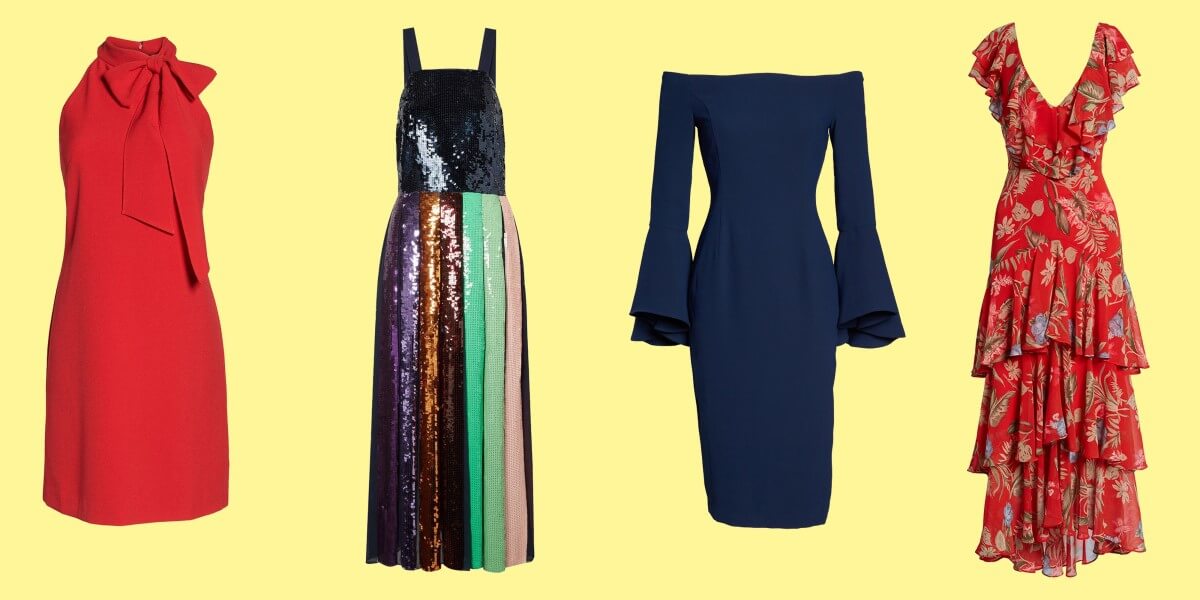When Etsy acquired Depop for $1.6 billion, investors took note. Dubbed the "resale home for Gen Z" by Etsy CEO Josh Silverman, the app, which has more than 30 million registered users, has huge potential for growth.
The expansion would allow the company to increase its share in a booming and growing resale market, which analytics company GlobalData predicts will reach $64 billion over the next five years.
In the aftermath of the pandemic, a "wave of purges" is coming, says ThredUp. 80 percent of American consumers plan to refresh their wardrobes by getting rid of unwanted clothes or buying something new. As consumers value sustainability, shoppers are looking for ways to reduce their environmental impact and embrace circularity in fashion.
Data from Edited shows that the fast fashion cycle, consisting of mass product drops, has reached new heights again after the brief interruption of Covid. In the UK alone, new product arrivals online for the month of May were up 56 per cent year-on-year and 37 per cent in 2019.
The demand for second-hand fashion can be gauged by looking at the age of stock available on resale sites, says Edited. Vestiare Collective's products are showing signs of rapid out-of-stocks, as the majority of products currently in stock have arrived within the last three months, and only 4 percent of products have been listed for more than a year. By comparison, between 22 percent and 30 percent of the products on the list have been online for more than a year at traditional luxury retailers.
During the lockdown, resale companies such as Depop, Ebay and Vinted have benefited from consumers staying home, with increased sales and item listings.
Neil Saunders, CEO of GlobalData, told the BBC: "Over the next ten years, the resale clothing market will grow even more, driven by an interest in sustainability, a desire for uniqueness and the rise of the engaged consumer that wants to trade as well as buy.

A change of perception
A decade ago, consumer attitudes toward second-hand clothing were decidedly negative. Today, however, the stigma that second-hand fashion is inelegant or unhygienic has dissolved, and customers are now proud of their second-hand finds. Even fashion's most fickle demographic, Generation Z, has given secondhand shopping its blessing, Helen Riley, eBay's Director of Fashion Acquisition, said in an interview with Edited.
A joint report by Bain & Co. and Depop found that 75 percent of platform users surveyed (90 percent of whom are under 25) said they buy second-hand to reduce fashion consumption. . Additionally, 55 percent said their motives were "to find unique pieces," while 45 percent use Depop "to take advantage of trends," showing that while Gen Z is often portrayed as the leading generation of sustainability, trends remain paramount in their wardrobes.
Clothing production goes full steam ahead
By 2030, the global fashion industry is expected to dispose of more than 134 million tons of textile products per year. Any signs of a halt to manufacturing in the early days of the pandemic are truly behind us.
Edited data shows that new product levels in the UK, Germany and Spain returned to and dwarfed pre-pandemic volumes. Consumers are shopping more than ever as a reported 155.9 million US shoppers prepare to pick up new items when the pandemic is over. This makes circular fashion a cornerstone of sustainability, underscoring the need for retailers to recycle and reuse pre-existing goods.
The numbers don't lie
RealReal, the largest luxury goods resale marketplace in the world, had a 99 percent sell rate in 2020. Additionally, since its inception in 2011, the company has saved 17,023 metric tons of carbon and 827 million liters of water. Water.
springing into action
Other companies are also changing their strategies. Nike launched its Refurbished program in April, in which second-hand shoes are sorted, sanitized, refurbished and resold at 15 stores at discounted prices based on their condition. Luxury retailer MyTheresa recently partnered with Vestiaire Collective to launch a resale service inviting its best customers to sell their used luxury handbags online for store credit.
One reason resale is fashion's most profitable new category is that Gen Z, which will account for 40 percent of luxury sales by 2035, is a cost-driven demographic. He is very price conscious. By building a relationship early in your shopping life, the only way is up.
Data courtesy of Edited.
This article has been previously published on FashionUnited.UK, translated and edited into Spanish by Veerle Versteeg.




